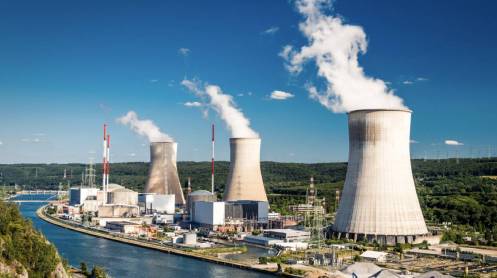While pipelines in the United States face increasingly hostile legal challenges, China is seeing the importance of a national oil and natural gas pipeline network and is buying pipelines and storage facilities valued at 391.4 billion yuan ($55.9 billion). PipeChina was created in December 2019 to consolidate pipeline assets from the country’s state-owned oil and gas companies, as part of China’s reforms to incentivize domestic exploration and production.
… China has recognized the necessity for an efficient and accessible pipeline network to further its expansion of oil and natural gas and provide its economy with abundant energy. In the United States meanwhile, environmental activists and their political allies – including an advisor to presidential candidate Joe Biden – want to keep fossil fuels in the ground and are using pipeline obstruction as the means to do so, filing legal suits that prompt the halting of pipeline operation and construction and even introducing legislation to block pipeline permits altogether.
Abundant and low-cost oil and gas are important to our nation’s recovery from the coronavirus economic lockdowns, but a Biden administration would turn away from those energy sources. Biden has vowed to steer the economy toward intermittent sources of energy and to revoke the permit for the Keystone XL pipeline that President Trump granted in 2017. As a result, more companies could follow Dominion and Duke and shy away from building new oil and gas infrastructure.
Right now, it appears that China is taking energy very seriously and investing in pipeline infrastructure for the future. In the United States, antipathy toward oil and gas has drowned out the science that shows pipelines to be safe and environmentally sound.







